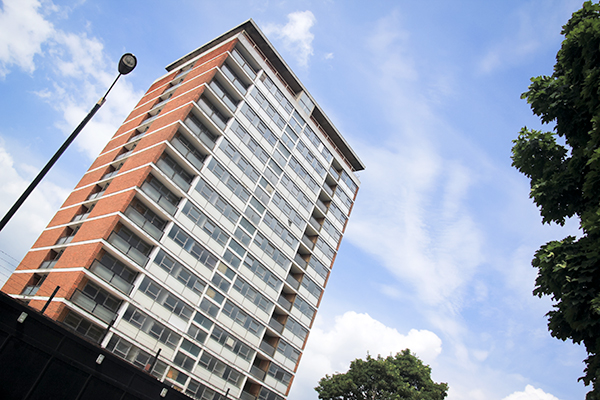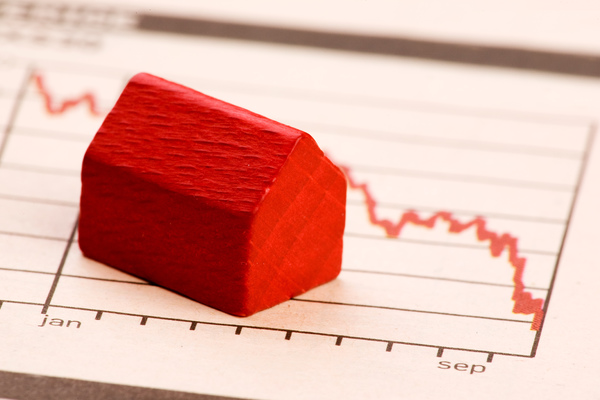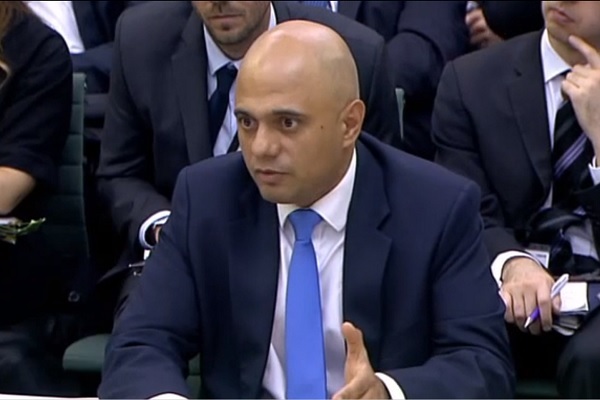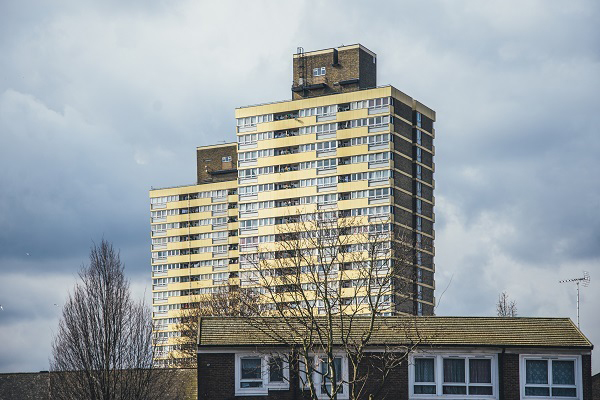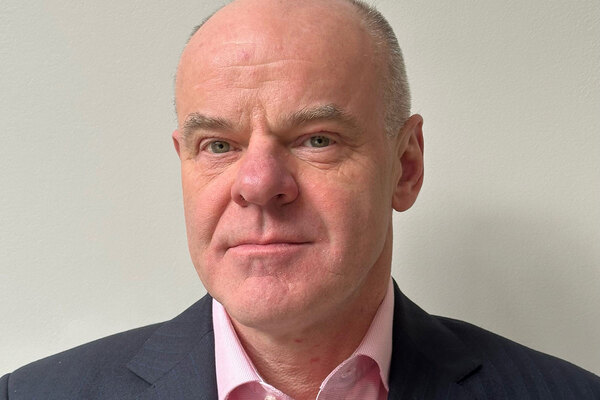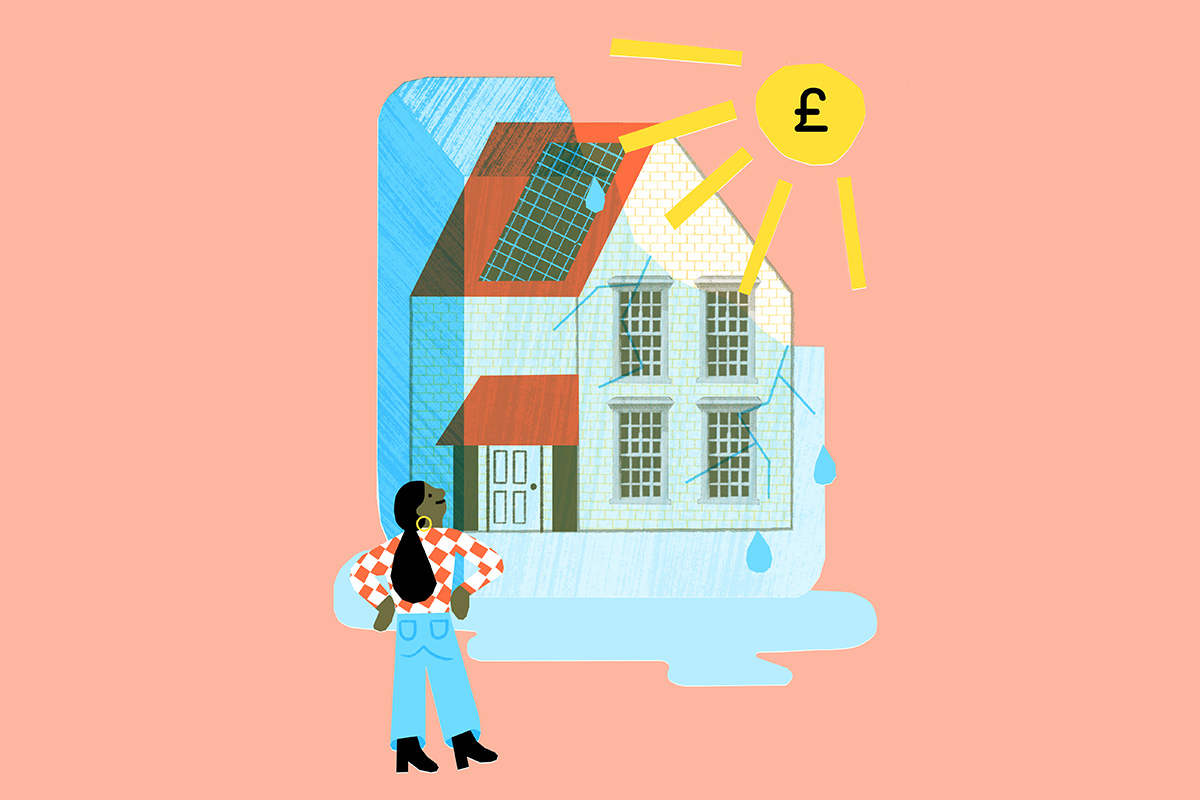You are viewing 1 of your 1 free articles
Valuers: ‘abnormal uncertainty’ on tower blocks post-Grenfell
Valuers are inserting an ‘abnormal uncertainty’ clause into their assessment of values of tower blocks, in a reflection of the doubt in the sector amid the fallout from the Grenfell Tower disaster.
There has been widespread uncertainty over what value tower blocks should be considered to have, following June’s fire at Grenfell Tower in west London. JLL and Savills, the two leading valuers in the sector, spoke out for the first time about their concerns this week.
Social housing properties are typically valued using the Existing Use Value – Social Housing (EUVSH) methodology, which includes an assessment of the cost of repairing and maintaining the property and could be affected by safety works, such as the removal of cladding.
Valuers have therefore taken the unusual step of introducing an “abnormal uncertainty” clause into their assessments.
Robert Grundy, head of housing at Savills, told Inside Housing: “It is a requirement of good, professional practice – as set out by RICS [the Royal Institution of Chartered Surveyors] – that valuers advise their clients when markets are in an uncertain state, caveating reports by referring to ‘abnormal uncertainty’. This happened after 9/11, it happened after the credit crunch and it happened after Brexit.
“We don’t know whether the cladding is the whole story in the terrible events at Grenfell Tower. There are other factors that could be at play and it would be inappropriate to comment at this stage. The ongoing review of building regulations is crucial in moving forward safely.
“Unfortunately, it remains the case that fires are a frequent occurrence in tower blocks. A very unusual and clearly tragic set of circumstances must have occurred for the fire at Grenfell Tower to have behaved in the way it did.”
JLL also warned that investor confidence in such buildings could take some time to be restored and that current valuations should be treated with “considerable caution”.
Richard Petty, lead director of residential advisory at JLL, told Inside Housing: “If you were acquiring the asset today, how much would you build in for works when you don’t know what the works requirements will be? Different buyers will form different views and therefore the range of bids could vary quite widely.
“Hypothetically, if you put a building similar to Grenfell Tower on either the stock rationalisation market – offering it for sale, tenanted just to [housing associations] – or on the open market today, somebody might literally bid you a pound and somebody else might bid you £20,000 a flat. People’s perceptions of risk will be different, and so for that reason we have an abnormal uncertainty clause.”
The outcomes of the government’s review of building regulations, the public inquiry into the Grenfell Tower fire and the criminal investigation into the fire could all have effects on the values of tower blocks.
JLL said it would revisit these valuations when these various issues were resolved.
